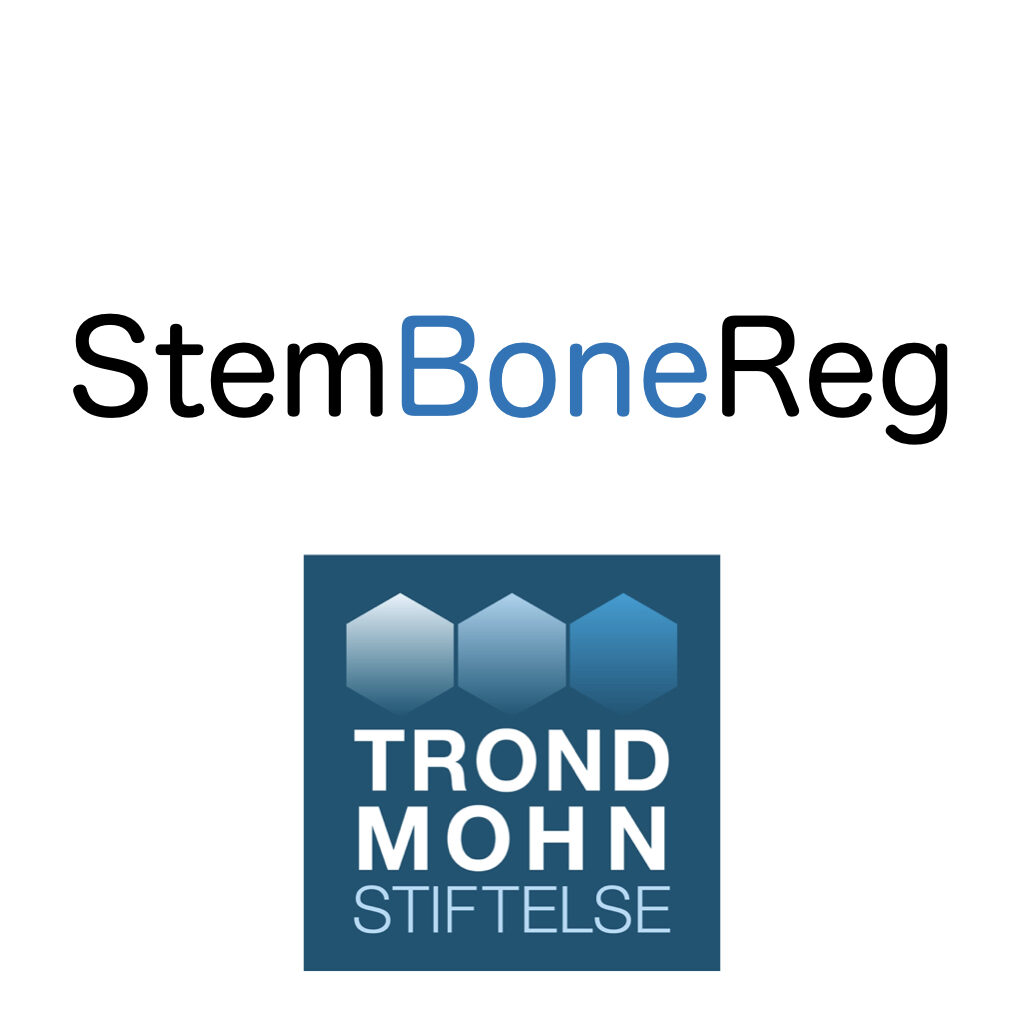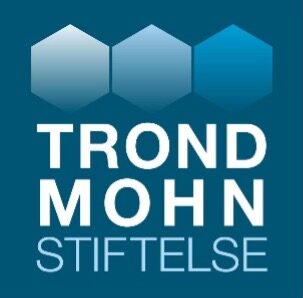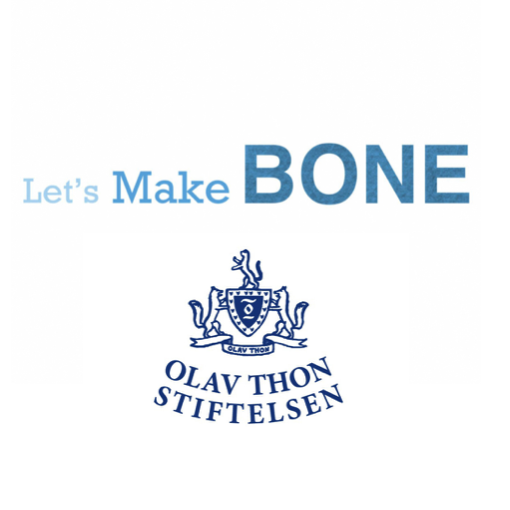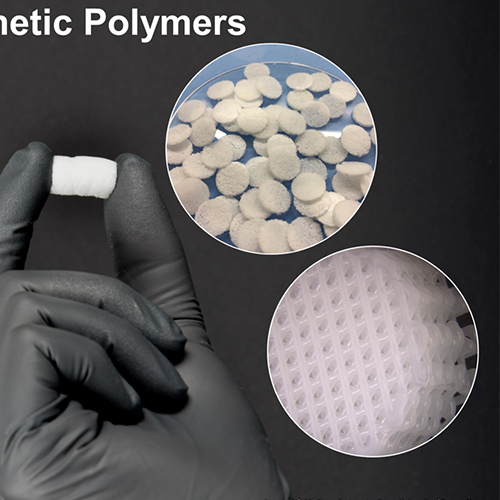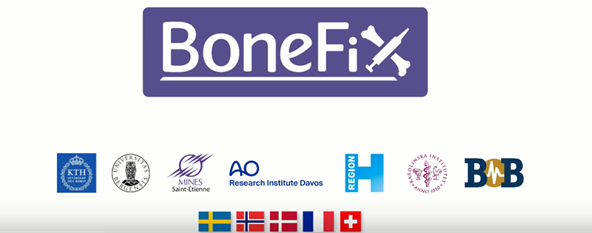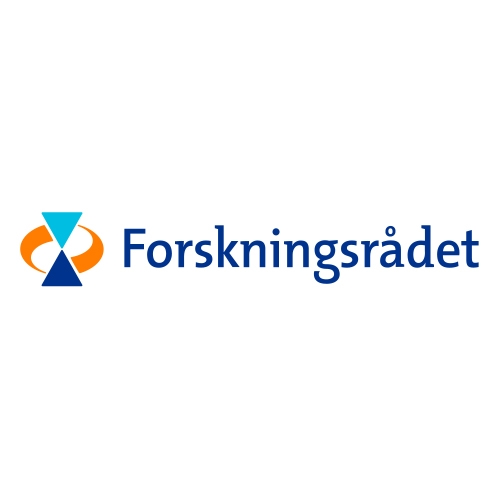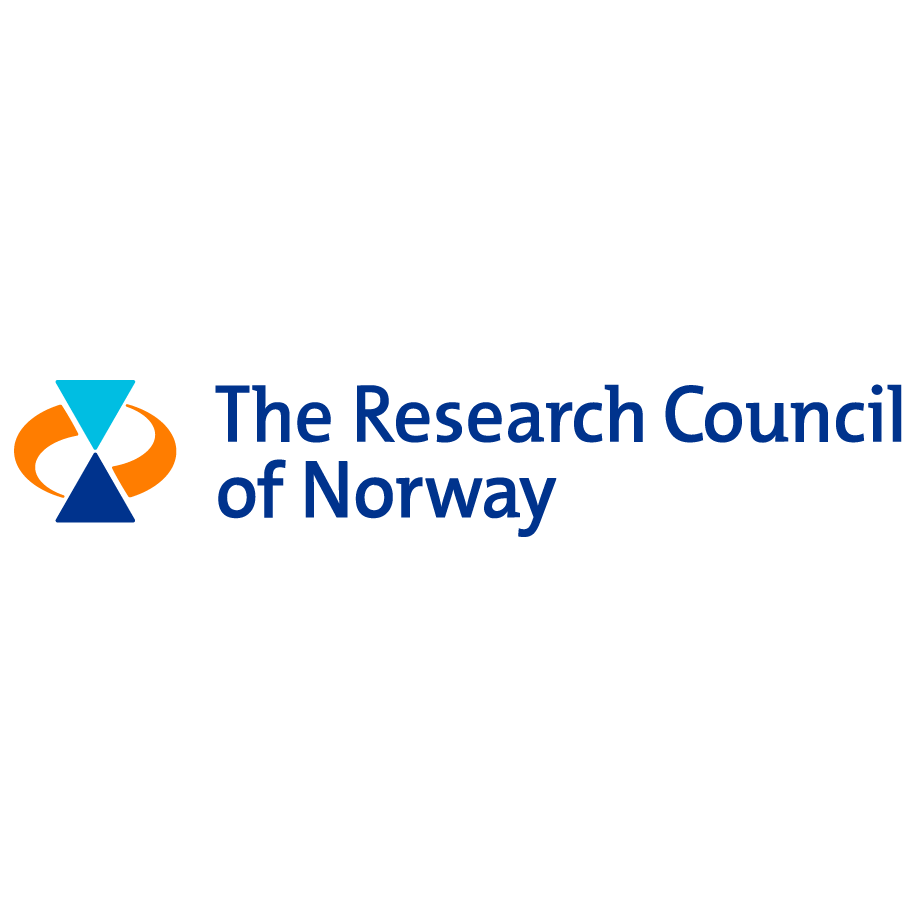Multiple Sclerosis (MS) is a disease that causes loss of nerve fiber insulation (myelin) in the central nervous system, with secondary nerve fiber (axon) damage. Over time, this often leads to persistent neurological symptoms and disability. MS represents the most common non-traumatic cause of disability in young European adults.
In MS, there is no effective treatment available to directly promote repair of damage to the central nervous system and thereby reverse neurological disability. This is a common denominator of injury to the central nervous system, regardless of the specific cause.
Studies using animal models have shown that mesenchymal stem cells (MSCs) have the potential to induce neuronal repair through multiple regenerative mechanisms, including re-myelination, modulation of the immune response and secretion of neural growth factors.
In SMART-MS, we aim to investigate the possible regenerative treatment effect of MSCs in patients with progressive MS. We plan to start the study in early 2021 and to include 18 patients during a period of 2 years. The MSCs will be administrated as a lumbar puncture injection (intrathecal administration) to optimize the chances of a positive treatment effect. All patients will receive MSCs in a randomized, placebo-controlled, cross-over design and followed over 1 year.
The study is performed as a collaboration between Haukeland University Hospital, the Tissue Engineering Group at the University of Bergen, the University Hospital in Ulm and hospitals from other regions in Norway. SMART-MS has received funding from KLINBEFORSK and Helse Vest.


